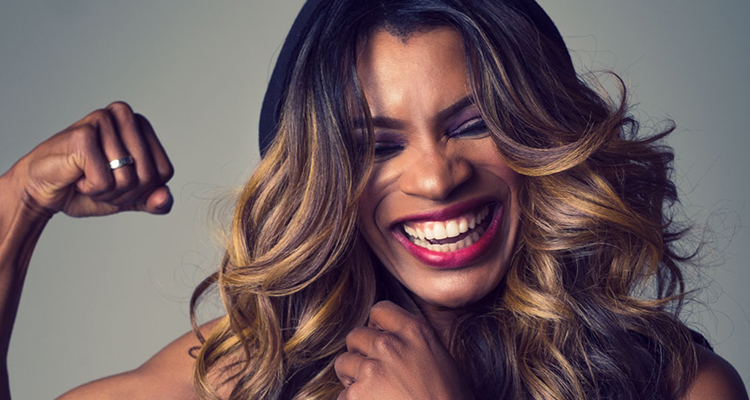CCM: Thinking about forgiveness—a topic I love to talk about with you and one that is addressed again on the new record is one of racial unity. You enlighten the conversation about race, especially among us who are believers. In your perspective, where have we come from, and where then do we have still to go in regards to racial unity?
NCM: Every now and then I will put out the subject for people to discuss on Facebook or social media. [People will comment,] “Just sing and leave that alone.” I can’t do that. The same Christ that died for me cared for me, and He made me. He made you. He made no accidents when He said, “I’m going to make your color more of the peach mix with vanilla and mine chocolate brown.” He did it on purpose. So notice it, but don’t stop there. Our colors describe us. They don’t define us.
I think it is time for us, as the body of Christ especially, to begin to love each other across color and ethnicity and status [lines], and all these other things that divide us. If we ignore it, then we’re saying it’s not important. It may not be important to you, but it is important to a whole group of other people, so if it is, I need to say, “Why is it important? And what is my role in it?”
When there are injustices that occur because of our differences, and we choose to ignore them and to say, “Not a big deal,” we have a problem. We need to come to the table and say, “Come let us reason. Come let me hear your point of view, and you hear mine.” We may find that there’s a lot more common ground than we thought and that there are ways to really remedy the actual problems. But right now, even though we’ve made strides and we have schools that with blacks and whites and Hispanics and Asians—we’re able to go to school together, we’re able to go to the marketplace together, we’re able to do a lot more things together than in the past, so we’ve made headway in that—but you can’t legislate the heart. If it doesn’t start with the people of God, in the house of God, being able to love each other for real, not just in social settings … Well, I work with them, but I never eat with them. Don’t try and marry my daughter, and don’t try and marry my son … if we can’t get past that, then we really have to look deeper and say, “Why is it that we have this divide? Why can’t I? Why won’t you?” If we can’t start the dialogue, then we’ll never come to an agreement on a solution.

CCM: To even be okay to say, “Oh, wait. I do stop there, and I want to go deeper.”
NCM: Where there’s no condemnation.
CLICK “5” TO ADVANCE


Leave a Reply
You must be logged in to post a comment.